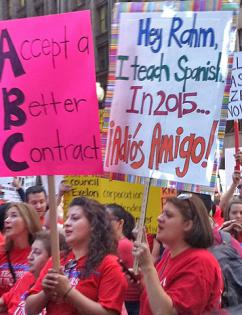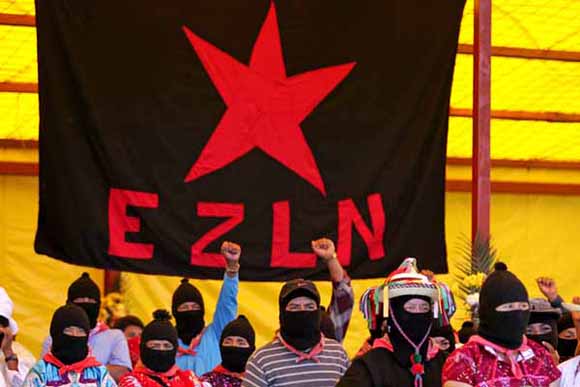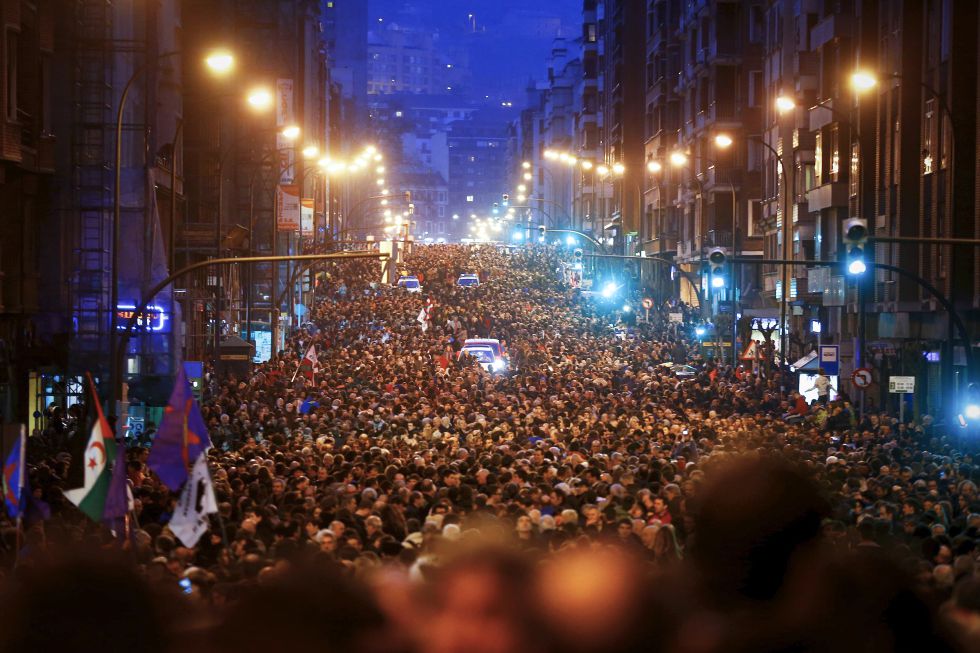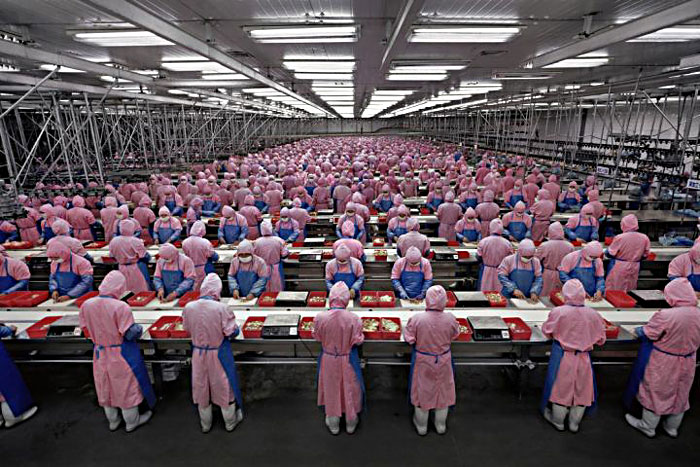Martin Luther King Jr’s radicalism muted by MLK archives' corporate sponsors

Photo by Jim Hinton, Norma Rogers/Carnegie H
Mike Marqusee: Further on BDS and 'singling out' Israel

“We in Swaziland are not doing enough for Palestine”, he said sternly.
Britain: Creation of new ex-SWP group welcomed

[For more on the crisis in the SWP, click HERE.
Venezuela: Pace of land expropriations to continue for 'agrarian socialism'

The latest land occupation facilitated by the National Land Institute is underway in the south-western state of Apure. Photo by Victor Hugo Majano/Aporrea.org.
By Ewan Robertson, Merida
January 13, 2014 -- Venezuelanalysis -- This year the Venezuelan government plans to continue its pace of land expropriations in order to move towards what it terms “agrarian socialism”.
According to the 2014 national budget, the government’s National Land Institute (INTI) aims to expropriate 350,000 hectares of land this year.
This compares with the goals of 350,000 and 397,000 hectares of land to be expropriated in 2012 and 2013 respectively, after the government began to increase the pace of land expropriations in 2011.
It is estimated that in the decade between 2001, when former president Hugo Chavez passed a law promoting land redistribution, and 2011, the INTI expropriated 3.6 million hectares of agricultural land.
United States: Chicago Teachers Union votes for independent political and electoral activity

Chicago Teachers Union members during their strike against Democratic Party mayor Rahm Emanuel's assault on public schools.
20 years since the Chiapas rebellion: the Zapatistas, their politics and impact

Click the following links for more by Dan La Botz, and more on the
Cambodia: Striking garment workers killed in brutal repression: interview, photos

Striking garment worker shows spent cartridges from police and military shootings the Ve


